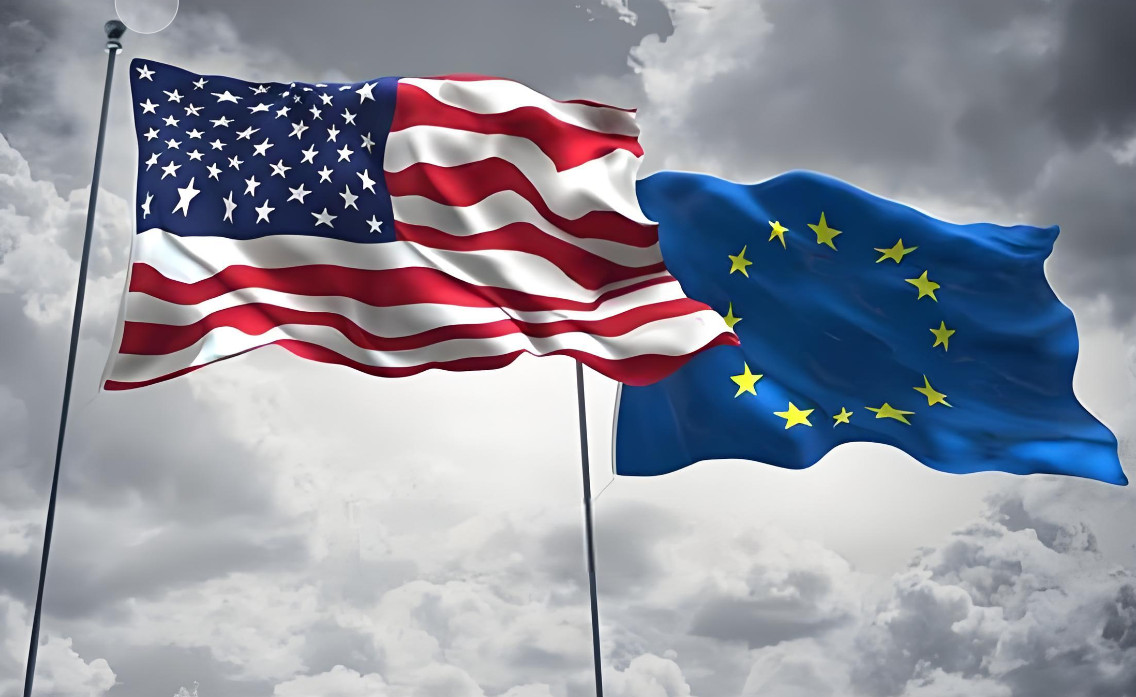
Spanish Prime Minister Sanchez has expressed deep concern over the Trump administration's imposition of tariffs on products from some countries, and has made it clear that there are no winners in the trade war. At the same time, the European Commission is also considering using "anti coercion tools" to address potential trade disputes with the United States. The British Steel Association has also issued a warning that US tariffs will have a significant impact on steel trade between the UK and the US.
After the Trump administration took office, its strategic concept of "America First" was fully reflected in trade policy. In order to protect domestic industries, the US government frequently uses tariff measures to impose high tariffs on goods from multiple countries and regions. This unilateral approach has not only sparked strong dissatisfaction from other countries, but also seriously undermined the global multilateral trading system.
As an important trading partner of the United States, the European Union has naturally become one of the main targets of the Trump administration's tariff policies. From basic raw materials such as steel and aluminum to finished products such as automobiles and agricultural products, the US tariff stick continues to be wielded, bringing enormous pressure to the EU economy. In response to the trade threat from the United States, the European Union had to take countermeasures, which escalated the trade dispute.
Trade disputes have intensified global economic turbulence and significantly increased uncertainty. Enterprises and investors often choose to wait and see or reduce investment when facing tariff barriers, which not only suppresses economic growth but also exacerbates market volatility. In addition, trade disputes may also lead to supply chain disruptions, further affecting the stability of the global industrial chain.
For industries directly affected by tariffs, the degree of damage to their industries is particularly severe. Taking the UK steel industry as an example, US tariffs will directly hit its export market, leading to a decrease in production and orders, which in turn will affect the stability of the entire industry chain. In addition, tariffs can lead to an increase in production costs, weaken the competitiveness of enterprises, and thus trigger a wave of layoffs and employment pressure.
The trade dispute has seriously undermined the global multilateral trading system. The practices of tariff barriers and trade protectionism violate the principles of free trade and hinder the process of global trade liberalization and facilitation. This not only harms the interests of other countries, but also weakens the voice and influence of the United States in global economic governance.
Faced with the trade threat from the United States, the European Union has adopted various response strategies. On the one hand, the EU actively engages in negotiations and consultations with the United States, seeking to resolve trade disputes through diplomatic channels. On the other hand, the EU is also strengthening internal unity and coordination to jointly respond to the US tariff policy. In addition, the EU is also considering using economic and trade measures such as "anti coercion tools" to safeguard its economic interests and trade status.
However, the United States' response strategy appears to be more aggressive and unilateral. The Trump administration insists that tariff policies are an effective means of protecting domestic industries and threatens to impose tariffs on products from more countries. This approach not only exacerbates trade disputes, but also damages the image and reputation of the United States in the international community.
Free trade is an important driving force for global economic growth. Countries should adhere to the principle of free trade and promote the liberalization and facilitation of global trade. By strengthening international cooperation and coordination, we can jointly address trade protectionism and challenges.
Faced with the challenges and opportunities brought by trade disputes, countries should strengthen innovation and upgrading of their domestic industries. Enhance the competitiveness of the industry by improving product quality and technological content, reducing costs, and improving efficiency. At the same time, we should actively cultivate emerging industries and fields, and promote the optimization and upgrading of the economic structure.
Trade disputes have brought many challenges and uncertainties to the global economy. Countries should strengthen cooperation and coordination to jointly address trade protectionism and challenges. Only in this way can we ensure that the global economy maintains steady progress in the complex and ever-changing international environment.

The European Commission released a package of measures for the automotive industry on Tuesday (December 16th), proposing to relax the requirements related to the "ban on the sale of fuel vehicles" by 2035.
The European Commission released a package of measures for …
Venezuela's Vice President and Oil Minister Rodriguez said …
On December 16 local time, the Ministry of Space Science Ex…
Recently, a highly anticipated phone call between the defen…
Right now, the world's major central banks are standing at …
Recently, according to Xinhua News Agency, the news of a tr…